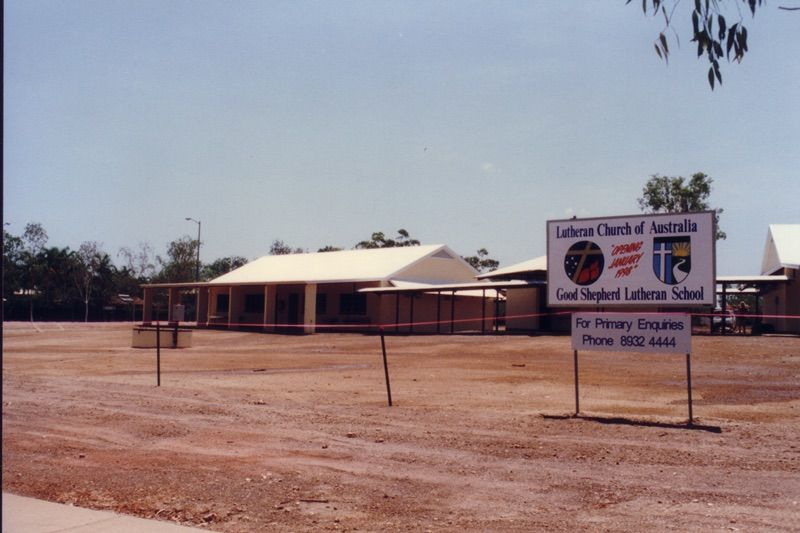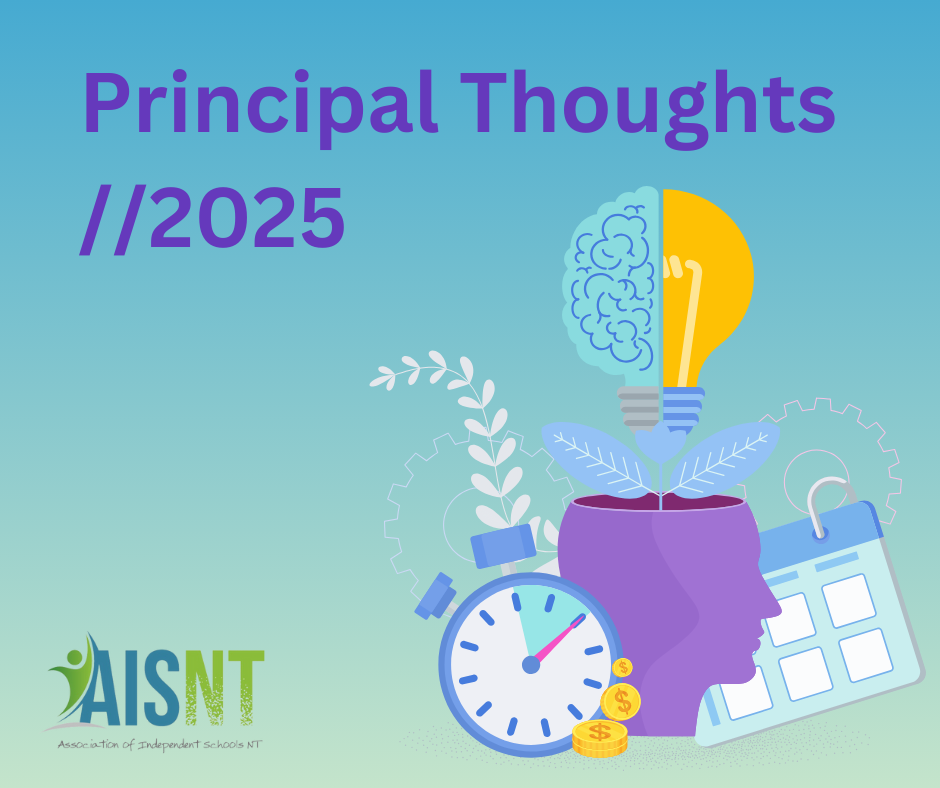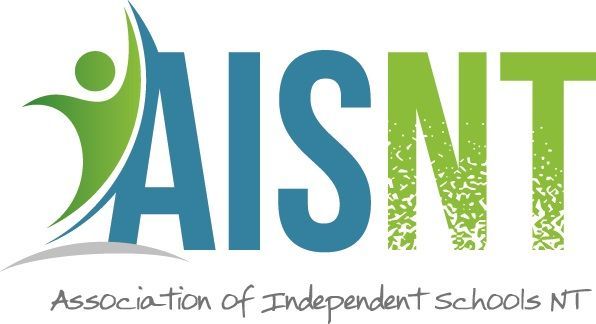What's Next?
There is no question, the position of Principal is a high pressured one often with not much relief on the horizon and the certain knowledge that demands can appear randomly at any time of the day and perhaps also at night. Usually, a Principal has to respond to these demands regardless of what else they are doing. That makes getting essential, longer-term tasks harder to complete and this can be frustrating.
Predictable demands are always there. It may be introducing something new to the staff or pushing the Strategic Plan further forward, knowing that this will be an expectation of the Board. It is futile to try and make progress with a Strat Plan the night before the Board Meeting and like so many things, this needs to be dealt with in a planned and effective way.
The words “What’s Next” should always be in a Principal’s Mind as a Principal should be always on the quest to make constructive things happen and not leave a trail of vacant time. When a Principal has completed a significant task there is the danger of downing tools for more than a recovery break rather than taking another step to move the school forward. Delaying a heap of tasks is not an advisable thing to do. The strategic question of “What’s Next” is always there.
The Principal’s job is to ensure the best “What’s Next" is chosen. Two obvious questions to ask are “What is the most Urgent?” or “What will make the Most Difference?” Another question may be “What will make me feel less stressed?” This question may be legitimate and worth considering. What is important is that a significant decision is made and not avoided. An unimportant decision may not be the right choice and perhaps can be delegated to someone else. A Principal doesn’t have infinite time. A Principal must be a willing decision maker and not a decision avoider and advisably should avoid being a Procrastinator. An unconfident Principal may choose something easy, uncontroversial and predictable.
I think it is of great advantage if a Principal is seen to be a willing and good decision maker. I have seen some Principals or CEOs who are unwilling or even fearful of making a decision and they will inevitably lose the respect of their staff.
There is an old saying that an enterprise will not stay static; it will either go forward or backwards. Sometimes Boards are wanting a quieter time after a dynamic Principal, who may be exhausting, has left. They can be attracted to a non - creative leader who will row the boat and keep the status quo ticking on. This is not - a creative or good decision.
HOW’S IT GOING?
A while back I read an article on how a noted company was giving up formal reviews and opting for a more casual approach and they found this to be less threatening and more productive. For many staff, going to see the Principal can be a little threatening with the feeling of “what’s wrong”. The question “How is it going?” is not controversial and opens a discussion which can be partly directed by the teacher. The aim is to have the teacher relaxed as the conversation winds forth. In any case, in a more formal review, it is most unlikely that a teacher will tell the leader everything. But in this more relaxed approach the Principal is likely to get some idea on how to support a teacher and encourage them. In the end the “How’s It Going” conversation can become a bit of a tradition.
“Hey, where are you going?” “I’m off for a “How is it Going” with our leader.” Mind you it may not be in an office but held sitting on a seat in the school grounds, under a tree.
GEOGRAPHY AND HISTORY
At the outset I am a supporter of the promotion of STEM in schools. However over the years I have been disappointed in the lack of promotion of the Humanities such as Geography and History. The World is continually brought into our lounge rooms by TV and onto our phones with news feeds.
There are so many crises in the world today and it seems to me that the United Nations is struggling to be effective. Years ago I taught year 12 Geography in Victoria and one of the topics we dealt with was called “Territories and Boundaries.” It was a fantastic topic and very relevant to the times. Today it would be just as relevant and no doubt is taught enthusiastically in various places.. The Middle Eastern conflict is before us all the time. I knew that the conflict is complicated and not as simple as explained in daily news reports. I grabbed a book off my shelf by Tim Marshall called “Prisoners of Geography”, published in 2015. Tim is a leading authority on foreign affairs and has had over twenty five years reporting experience in front line Conflict Zones. His Chapter on the Middle East shows how complicated that area is, far more complicated than most news reports show. Given that there are many people from Middle Eastern Countries now Australian Citizens it doesn’t hurt to be knowledgeable about the area as indeed it is to be about Africa, where I suspect many Australians know little about Sudan and the conflict there. Well, what about Bangladesh etc, etc, etc.?
And don’t forget the World of History. As is said, if the world is ignorant about its History, unwanted events can take place again, and there are obvious examples of that in the world today, all the time. And I believe the UN, which was the great hope when I was young is really struggling to be effective which is a huge worry. Our students will have to grapple with these things in the age that lies before them.
AVOID WINGE SESSIONS
In my early days of teaching an assembly conducted by the Principal or the Deputy was always a ‘winge’ session. I hated these melodramas because I knew they could be instead something positive, uplifting students and definitely staff.
I could see, from my vantage point near the back, students wriggling and giving all the signs of not listening. It was a waste of time as indeed a call over the microphone at lunch saying, “Those students smoking behind the shelter shed come to my office immediately - we know who you are!”
I’m confident they didn’t know, and this negative announcement would sweep across the playground like a darkening storm also sending a poor advertisement to the houses in the local vicinity. There are many other ways of giving negative messages particularly directing them exclusively to the specific culprits.
THE WINDOW
I’ve mentioned this a few times before, but it is very important. My very experienced old mentor said: “You must look out of the window, because if you don’t no-one else will.” One of a Principal’s most important tasks is to think and think creatively. There is so much thinking to be done in the honourable job of Principal.
CONCLUSION
I’m hoping these short headings - What’s Next?, How’s It Going? Geography and History, Avoid ‘Winge’ Sessions, The Window, will help to stimulate some creative thinking in the minds of Principal’s now in the field.
I know that ideas which blossom in a Principal’s mind will be helpful to them and ultimately their school. KEEP THINKING!
Written by Chris Tudor



